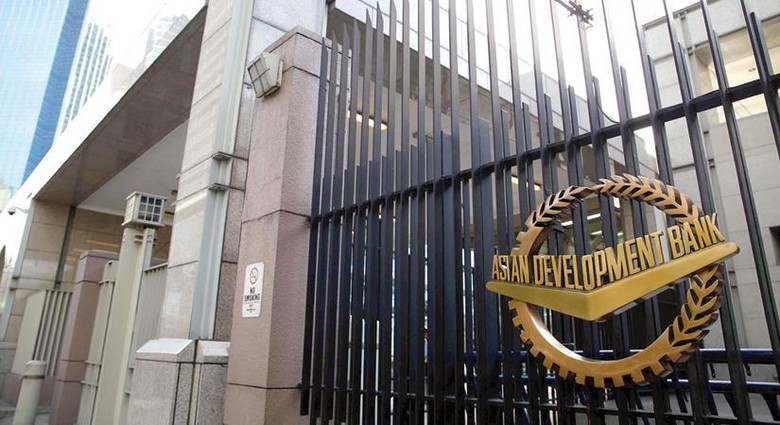
The coronavirus disease (COVID-19) pandemic pushed 4.7 million people in Southeast Asia into extreme poverty in 2021, as 9.3 million jobs disappeared, compared with a baseline no-COVID scenario, according to a new Asian Development Bank (ADB) report presented at the Southeast Asia Development Symposium (SEADS).
The Omicron wave could cut the region’s economic growth by as much as 0.8 percentage points in 2022, says the report, Southeast Asia: Rising from the Pandemic. The region’s economic output in 2022 is expected to remain more than 10% below the baseline no-COVID scenario. Among the most affected are unskilled workers and those working in retail and the informal economy, as well as small businesses without a digital presence.
“The pandemic has led to widespread unemployment, worsening inequality, and rising poverty levels, especially among women, younger workers, and the elderly in Southeast Asia,” said ADB President Masatsugu Asakawa. “ADB will continue to work with policymakers as they seek to rebuild, improve national health systems, and streamline domestic regulations to strengthen business competitiveness. We encourage Southeast Asian governments to invest in smart, green infrastructure and adopt technological innovations to reinvigorate economic growth.”
Two years after the pandemic began, the report says growth prospects are brighter for economies with widespread technology adoption, resilient merchandise exports, or rich natural resources. It notes an economic recovery across the region, with most countries seeing visits to retail and recreational areas rising by 161% in the two-year period ending 16 February 2022.
Still, the region faces global headwinds, including emerging COVID-19 variants, the tightening of global interest rates, supply chain disruptions, and higher commodity prices and inflation.
With 59% of the region’s population fully vaccinated as of 21 February 2022, the report calls on Southeast Asian governments to allocate more resources to help health systems deliver care, improve disease surveillance, and respond to future pandemics. Health investments can boost economic growth by increasing labor participation and productivity.
For example, Southeast Asia’s economic growth could rise 1.5 percentage points if health spending in the region reaches about 5% of gross domestic product (GDP), compared with 3.0% in 2021, the report says.
The report recommends that countries pursue structural reforms to boost competitiveness and productivity. That can include simplifying business procedures, reducing trade barriers, and encouraging small enterprises to adopt new technologies. It can also include skills training to help workers address widespread disruptions to the labor market and the relocation of jobs across sectors. Governments should maintain fiscal prudence to reduce public deficits and debts and modernize tax administration to enhance efficiency and broaden the tax base.
SEADS, ADB’s annual flagship knowledge event in Southeast Asia, gathers leaders from government, industry, academia, and other sectors to explore innovative solutions to critical development issues such as climate change and technology development.
This year’s event, “Sustainable Solutions for Southeast Asia’s Recovery,” will focus on how the region can spur recovery from the COVID-19 pandemic by addressing supply chain bottlenecks, reviving tourism, and advancing digital transformation. This year’s two-day virtual event is expected to draw about 5,000 participants.
ADB is committed to achieving a prosperous, inclusive, resilient, and sustainable Asiaand the Pacific, while sustaining its efforts to eradicate extreme poverty. Established in 1966, it is owned by 68 members—49 from the region.


























